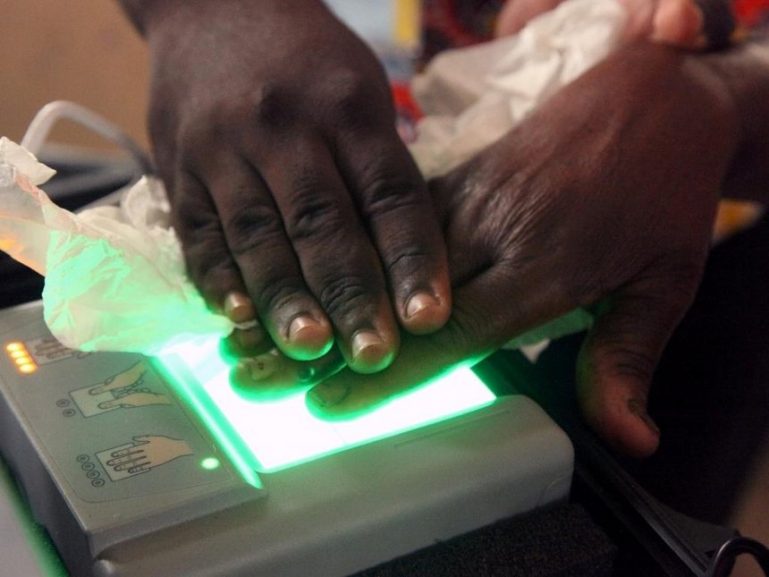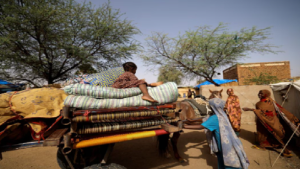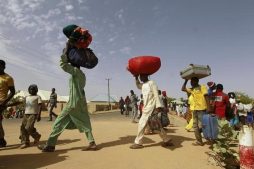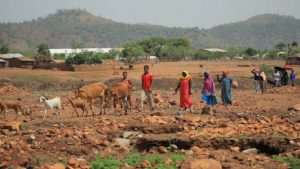An international human rights watchdog has told the UN Security Council that potential voter fraud during the voter registration process in the Democratic Republic of Congo (DRC)could undermine upcoming elections in December.
Some 46 million registered voters will finally go to the polls on December 23 after several years of delay to cast ballots in Presidential, Legislative and Provincial elections expected to end the incumbency of President Joseph Kabila.
The international community remains on edge due to a worsening political, economic human rights and humanitarian situation in the country that could undermine any future electoral process.
In the informal session of the Security Council known as an Arria-formula meeting, concerns about the DRC devolving political landscape was front and centre.
“Concerns have already been raised about potential fraud during the voter registration process, with inexplicably high numbers of voters registered in some areas, and no independent observation. Many have also expressed concerns that the proposed electronic voting machine will create new opportunities for fraud in the way votes are tallied, and that many Congolese will need to be shown how to use the machine, preventing them from casting a secret ballot. With no transparency and the ruling coalition in control of the entire process, it’s no surprise that there is little confidence among Congolese democracy activists and opposition leaders,” said Ida Sawyer of Human Rights Watch.
The DRC has seen large scale violence in the country’s Central, North and Eastern regions in recent years amidst increased political uncertainty and a growing humanitarian emergency with 4.5 million people internally displaced, more than any other country in Africa. The uncertainty around upcoming elections, including President Kabila’s future is adding to an already precarious situation.
Several countries, including the United States have voiced concerns.
“We are deeply concerned by the election commission’s insistence on using an electronic voting system that has never been used in the DRC. Our understanding is that the commission has never even tested this electronic voting system in the DRC, but plans to deploy this technology for the first time on election day. It should go without saying that employing an unfamiliar technology for the first time during a crucial election is an enormous risk. It has the potential to seriously undermine the credibility of elections that so many have worked hard to see happen. These elections must be held by paper ballots so there is no question by the Congolese people about the results. The U.S. has no appetite to support an electronic voting system,” said United States Ambassador, Nikki Haley.
There are calls for voter rolls to be scrubbed of deceased and fraudulent voters.
“Elections are complex and if conducted adequately can be the spark that ignites existing tensions. The legitimacy of an election largely depends on the actual and perceived integrity of the electoral process. If voters and candidates believe an election was unfair or poor administered, they may not accept the outcome. The delayed elections in the DRC, a country the size of western Europe presents formidable challenges. The public has low levels of trust in the electoral institution but high expectations that the ballot box will be a mechanism for reform and stability,” said Rushdi Nackerdien of International Federation For Electoral Systems.
President Kabila has been in power since 2001, assuming the Presidency in the aftermath of his father Laurent’s assassination.






